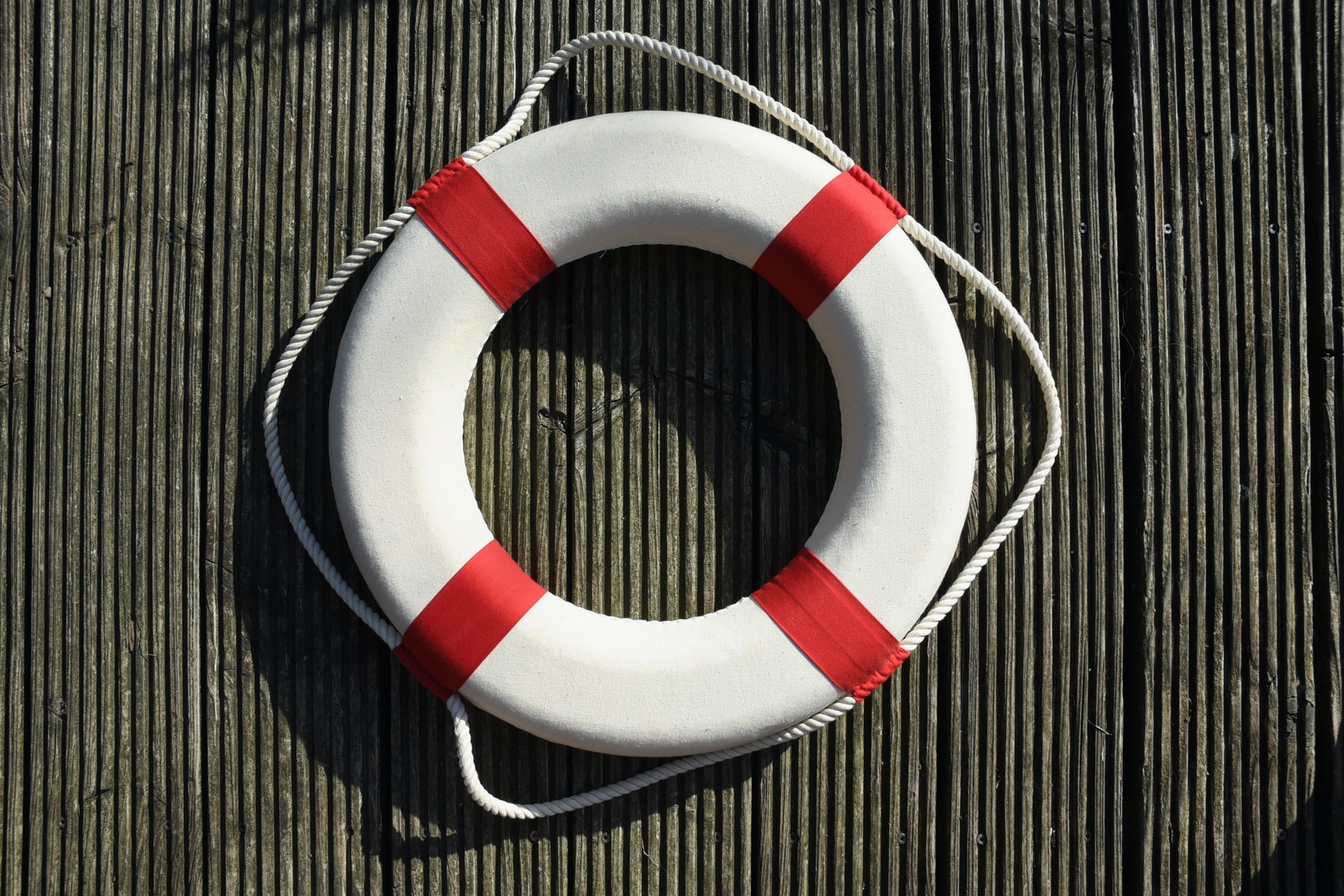Business and Economy
Canada’s most vulnerable need extra help in getting COVID-19 help

But there are 3.4 million Canadians who have been in the water all along. COVID-19 has made their lives much worse — even putting their lives at risk. (File photo: Regine Tholen/Unsplash)
Financial security can be thought of as an island where everyone has enough money to meet their needs, now and in the future, while financial insecurity is the sea in which everyone else swims, desperate to keep their heads above water. This is a stark image, but no starker than the prospects facing the 8.33 million Canadians now experiencing unemployment or steeply reduced earnings, pushed off the metaphorical island by COVID-19.
But there are 3.4 million Canadians who have been in the water all along. COVID-19 has made their lives much worse — even putting their lives at risk. People with low incomes are more likely to have chronic health conditions that increase their risk of COVID-19, but they are less able to practise social distancing. That’s because they are more likely to work in essential jobs that they cannot perform from home, to rely on public transit and to live in crowded housing, in shelters or on the street. These Canadians need additional support to get through this storm.
While Canadians earning steady paycheques and able to work from home are reaping savings from social distancing, many of the in-kind services people with low incomes use to make ends meet have closed their doors or cut back operations: food banks; drop-ins with free laundry, clothing banks and transit tokens; and libraries offering free internet. The result for people reliant on these services is “more month than money” — and hardship as a consequence.
Many community tax clinics have also shut down, leaving many low-income Canadians without the help they need to maintain their eligibility for many programs they rely on: income benefits, drug insurance, housing and subsidy. Canada Revenue Agency (CRA) has told Prosper Canada that the community clinics it supports had already filed over 400,000 returns before COVID-19; however, the clinics expect a larger caseload this year, which means that as many as 500,000 returns have still to be filed. CRA has recently approved virtual tax clinics adapted for COVID-19, but it will take some time for clinics to figure out how to reopen and deliver their services virtually. Meanwhile, a backlog of individuals waiting to file their tax returns is building.
While the federal government has taken steps to keep benefits flowing if recipients have missed the June 1 filing deadline, it is not clear whether provincial governments are doing the same, leaving community nonprofits fielding countless calls from people concerned they will lose critical income, housing and supports.
Life in the water clearly has little in common with life on the island. What we all have in common, though, is that we are human beings, equal and alike in our need for — and innate right to — dignity, opportunity, empathy and support in times of need. With so many Canadians now at sea together, a societal consensus is beginning to emerge in support of a different Canada after the pandemic — one in which every Canadian is afforded real opportunity to live on the island. In the meantime, how can we throw a lifeline to those adrift and pull them to shore?
Our governments have responded with speed, focus and unanimity of purpose to mobilize extraordinary measures to stabilize households, jobs and businesses. While these are not perfect, public servants and elected leaders are listening and making changes as fast as they can to fill the gaps.
But for these programs to work, we need to ensure they are reaching the most vulnerable Canadians, people who need help to file their taxes and navigate complex government programs — help that is no longer available to them.
Prosper Canada is calling on governments to close the gap and connect these community members to the help they need to weather this crisis safely. Here are our prescriptions:
- Ensure plans are in place to sustain benefits for Canadians who weren’t able to file by June 1, and let them know that they won’t be cut off.
- Fund the rapid conversion of traditional tax-filing, benefit navigation and financial counselling programs into safe and secure telephone and online services to help vulnerable Canadians access and retain benefits and build sustainable financial plans.
- Invest in dissemination of toolkits and training to help community organizations get these adapted services up and running quickly.
- Renew and expand funding for established financial help organizations, so they can forge the partnerships needed to reach more Canadians, particularly in underserved communities.
- Support efforts to engage and equip large employers, public libraries, municipal and provincial social services and financial professionals to provide basic benefit navigation and tax-filing assistance to their employees, clients and service users.
For Canada to build an effective economic recovery, we need to ensure that vulnerable people are not left behind. The benefits will accrue not only to those in need at this time of crisis, but to Canada as a whole as we look ahead to our economic recovery.
When sailors receive a distress call, they uphold the first law of the sea: the duty to render assistance. Invoking this same spirit, we are calling “Mayday” on behalf of vulnerable Canadians, because they, too, need our help to make it safely to shore. And there’s not a moment to lose.
This article is part of the The Coronavirus Pandemic: Canada’s Response special feature.
This article first appeared on Policy Options and is republished here under a Creative Commons license.





















